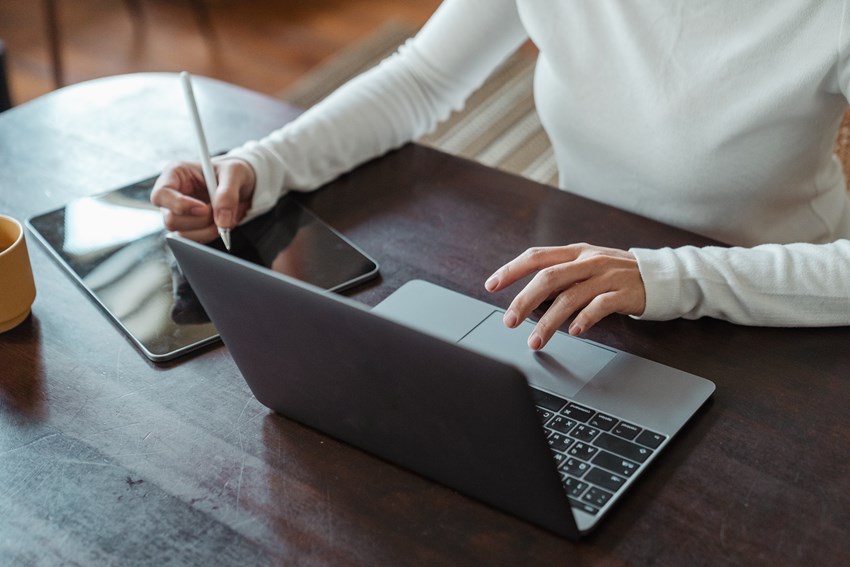Ever heard of polychronicity? It refers to a personal preference we may have to engage in multitasking. A study involved 167 UK participants to assess gender differences in their preference to multitask and showed that women believed to be consistently stronger on multitasking than men.
When André J. Szameitat and Moska Hayati, from Brunel University London at Uxbridge in England, started the research on polychronicity, they were surprised to find that there were almost no studies that evaluated gender differences in relation to this preference to multitask. In contrast, several studies identified other variables that may affect polychronicity, such as culture (Adams and van Eerde, 2010; König and Waller, 2010), personality traits (Bhattacharyya et al., 2015), or work-family interface (Korabik et al., 2016). “There is a strong and widespread belief in the general public that women are better than men at multitasking, but interestingly, there have been no studies to prove this yet”, explains Szameitat.
In the paper “Gender Differences in Polychronicity”, published in the journal Frontiers in Psychology, Szameitat & Hayati (2019) explain that they applied an online questionnaire to a sample of 167 participants (89 women and 78 men), aged between 18 and 58 years, mostly university students from the United Kingdom, to assess whether gender differences in polychronicity were observed. The questions asked sought to assess the preference for multitasking in several ways, including the Multitasking Preference Inventory (MPI). “How much do you like multitasking?”, “How good do you think you are at multitasking?”, “How many hours per day do you think you spend on multitasking?”, or “How important do you think multitasking is in everyday life?” were some of the questions that the participants answered.
The results of this study, supported by the BIAL Foundation, allowed us to conclude that the polychronicity reported by the participants in the sample indicates a significant difference in gender, with women being consistently more polychronic than men, which means that women like to multitask more than men. In addition to this result, female respondents also rated their own multitasking skills more positively and reported spending more time multitasking than male respondents. Finally, it was also the group of women that gave greater importance to multitasking in everyday life.
But can one affirm that women are truly polychronic? In other words, do women really prefer and/or enjoy multitasking, or do they just disapprove of it less than men? It is a question that may make sense to explore into in future studies, as men's responses, on average, indicated a preference to perform a single task rather than multitasking, while women's responses appear to be more ambiguous, sometimes showing explicit preferences for multitasking and sometimes for single-tasking.
Read more about the project “Gender differences in physiological correlates of multitasking” here.






































